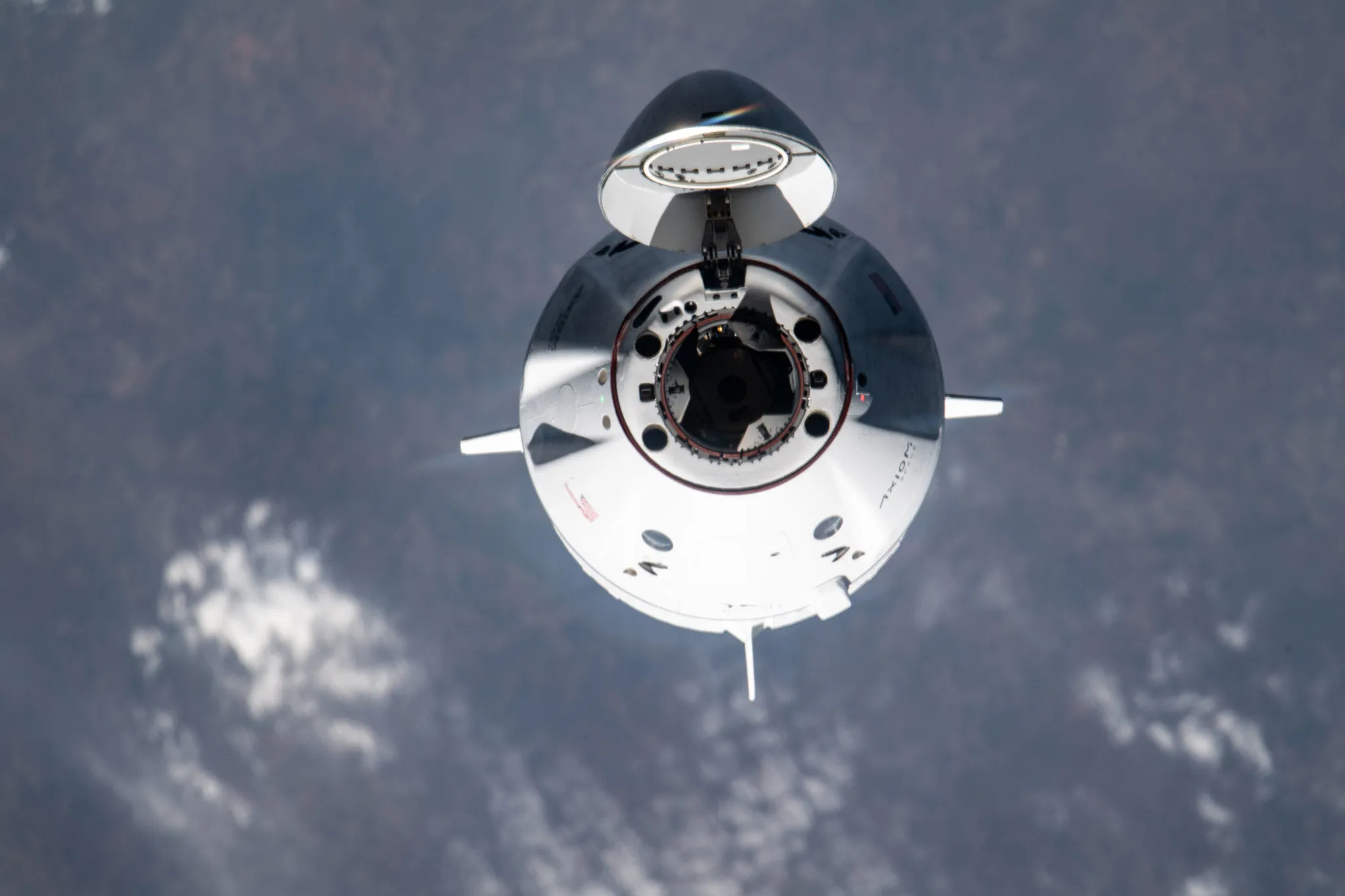Axiom Mission 4: A New Era of Private Space Exploration
The buzz surrounding Axiom Mission 4 (Ax-4) is palpable as NASA officially sets the coverage for what is expected to be another landmark event in the realm of commercial spaceflight. Slated for launch on June 10, 2024, the mission promises to expand the horizon of human space exploration beyond traditional government-led initiatives. A partnership between SpaceX and Axiom Space, Ax-4 aims to take private astronauts to the International Space Station (ISS), allowing civilians to participate in missions previously dominated by state-sponsored astronauts.
Mission Details and Launch Coverage
NASA has announced comprehensive coverage leading up to the launch, with a host of pre-launch activities scheduled for broadcasting. Viewers can tune in to watch the launch preparations, the Falcon 9 rocket rollout, and crew training. The live coverage will begin approximately 12 hours prior to the launch, with the launch itself expected to take place from the Kennedy Space Center in Florida.
Ax-4 will be part of an ongoing trend where Axiom Space is designing missions that cater specifically to private individuals, researchers, and other entities interested in space experiences. The upcoming mission follows the successful precedent set by previous Axiom missions, each of which has contributed valuable data on how to safely send private astronauts to the ISS.
The Astronauts
The crew for Ax-4 comprises both seasoned astronauts and first-time voyagers. Notable among them is a mix of private citizens and individuals representing different scientific and philanthropic efforts. Each astronaut brings a unique background and set of skills, which adds to the overall dynamic expected throughout the mission.
Challenges and Opportunities in Axiom Mission 4
While excitement builds, there are also seasoned commentators reminding potential participants of the inherent challenges of space travel. The journey to the ISS involves extensive rigorous training, and astronauts must adapt to microgravity conditions. However, these trials and tribulations also present opportunities for groundbreaking research and data collection valuable to science and exploration.
India’s Shubhanshu Shukla: Engineering a Return to Space
On the Indian front, Shubhanshu Shukla, an engineer with a deep passion for the cosmos, has been designated as a pilot for India’s return to space after a 41-year hiatus. Embarking on a mission that harkens back to India’s vintage space exploration days, Shukla is paving the way for organizations like ISRO (Indian Space Research Organisation) to reestablish its foothold in the competitive space race.
ISRO’s Historical Context
India’s space program has a storied history, and while it has achieved significant milestones since its inception, the focus on human spaceflight with the Gaganyaan mission has reinvigorated national pride and international interests. The last time India sent a human to space was in 1984 with Rakesh Sharma aboard the Soyuz T-11. Shubhanshu Shukla embodies the new generation of astronauts, focusing on expanding India’s capabilities in manned space missions.
Training and Preparation
Shubhanshu’s rigorous training process includes simulations, physical conditioning, and acclimatization to the conditions aboard spacecraft. He’s honing skills that prove advantageous not only during launch and re-entry but also in the hands-on operation of equipment onboard.
SpaceX’s Next Private Astronaut Launch to ISS: What’s Next?
With Axiom Mission 4 just around the corner and India’s upcoming endeavors in the limelight, another pivotal aspect of discussion is the delay that SpaceX announced regarding the next planned private astronaut launch to the ISS. Initially scheduled for an earlier date in the year, the launch has been pushed back to mid-June.
Reasons for the Delay
The postponement reflects SpaceX’s commitment to safety and thorough preparation, ensuring every aspect of the mission adheres strictly to safety protocols and operational readiness. Delays, while frustrating, are not uncommon in the realm of space exploration, where numerous factors—from technical challenges to unforeseen circumstances—can necessitate rescheduling.
The Impact on Future Missions
This delay provides a window for additional testing and refinement of SpaceX’s hardware and software, benefitting not only the upcoming Mission 4 but also future endeavors. As private companies like SpaceX continue to play a central role in what was once an exclusively government-driven sector, the emphasis on reliability and safety becomes increasingly prominent.
The Future of Commercial Space Flight
The endeavors of Axiom Space, ISRO, and SpaceX are merely threads in the larger fabric of commercial space exploration. These missions signify a paradigm shift, indicating that humanity’s fascination with the stars can no longer be solely confined to governmental missions. As private enterprises push forward into the cosmos, they pave the way for more collaborative efforts across nations and disciplines.
Global Collaborations and New Frontiers
Partnerships like that between Axiom and NASA demonstrate how countries can leverage their strengths for mutual benefit. International collaborations could arise where countries contribute unique technologies or scientific knowledge to tackle advanced space missions. Additionally, the integration of various commercial entities into the space race expands opportunities for research, tourism, and exploration, facilitating a global approach to understanding both our planet and beyond.
Conclusion: A Bright Cosmic Future
As we look forward, the dual paths of Axiom Mission 4 and India’s resurgent focus on human spaceflight signify that the future of space exploration is bright. With innovators like Shukhanshu Shukla carving new routes for India and companies like SpaceX forging aggressive pathways into civilian spaceflight, the coming years will likely witness unprecedented advancements in technology, research, and exploration. With each mission, the dream of a more interconnected cosmos inch closer to reality.







